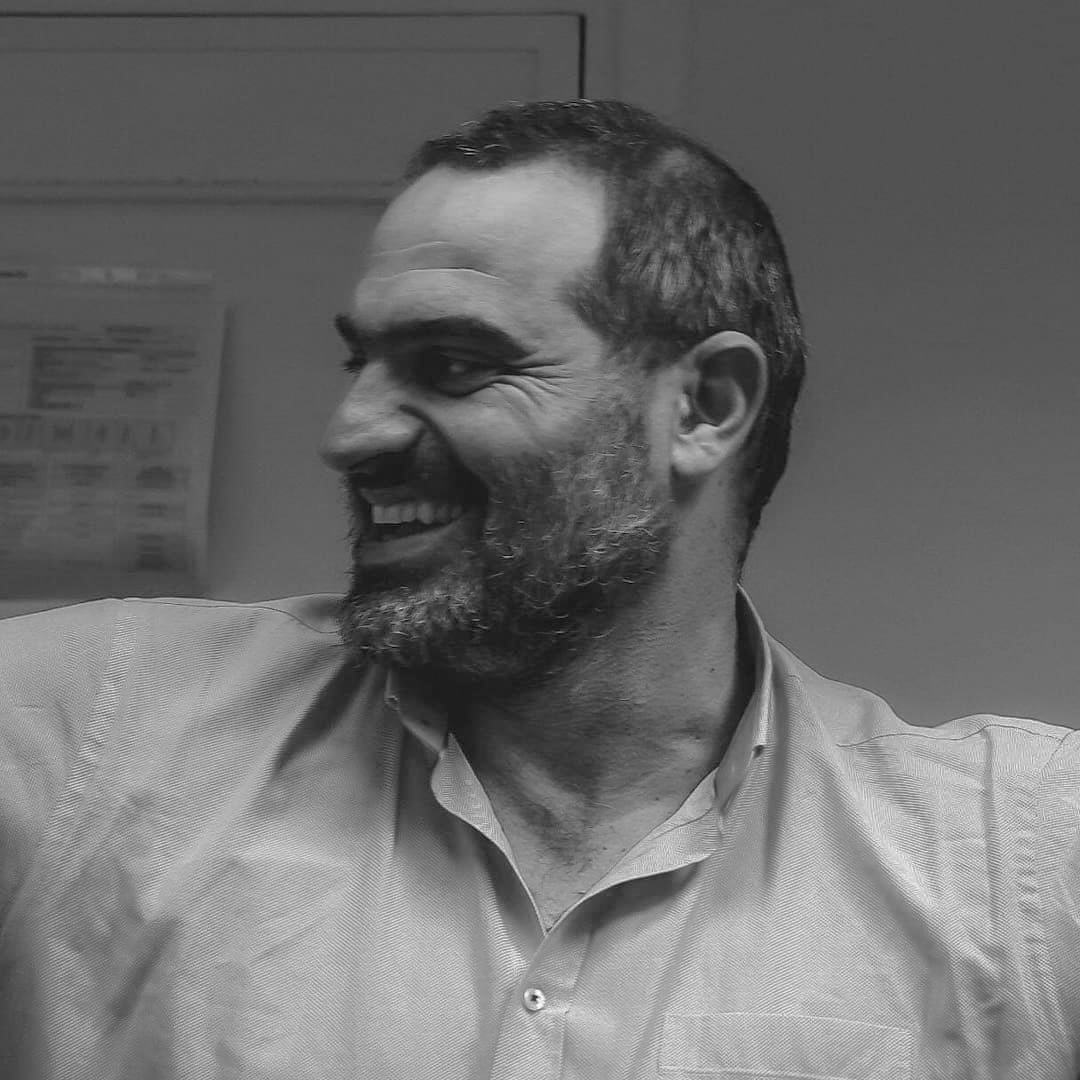


Honor Thy People
… your business’ most valuable asset, or not?
Having been in businesses for almost 25 years now, in smaller or bigger companies, as an employee, a manager, or an owner, I have always tried to weigh the different entities and departments of a complex organization (as all are complex to my humble opinion) and give levels of significance and impact to the final product/service delivered.
As years went by, after hundreds of hours of fruitful conversations and arguments with friends on all levels (from founders, CEOs to employees of any industry, and seniority), the “battle” was somehow on about the assets’ values of a company. The most common outcome was (especially from the business owners’ side) the well-known and widely repeated phrase:
“Your people are your most valuable asset”
I must admit, at first, I was somehow aligned with that. I must also take under consideration that many of the entrepreneurs and/or businesspersons that stated the above, sometimes want to just promote themselves and the “humanism” behind their everyday businesses. It is quite “comme il faut” to appreciate your employees by stating the -supposedly- obvious.
But, is the obvious as right as it may sound? Are people indeed the company’s most valuable asset?
NO, if you ask me. And let me elaborate on that a bit.
I need to initially point out that, having been an employee for half of my professional life, and a business owner/entrepreneur for the past 10 years or so, even though I am part of a board and a major shareholder of the companies I run, I do not stand between our people and the management. I stand on both decks. I had always been a committed employee working as hard as I could for the best of the companies I was working for, and I consider myself now a non-conventional “boss” (God I hate this word but I need to reinforce my statement) who is quite sensitive and supportive with all needs and wants of our people, their everyday life in the office, their families, their education, their life in general.
With that in mind, let me explain my objection to the statement. My major disagreement is that people can in no way be considered assets. Balance sheet assets will include property, cash, stock, equipment, or whatever a business owner needs to calculate as one. But no living creature can be given this term. Unless you happen to be a slave-owner, which you aren’t fortunately, you can't really own their people's bodies; you can only rent their labor. And you can for sure appreciate what you get for what you pay. Most of the time. If this is not what either party expects, it can easily terminate, and you can both move on with your professional lives.

The second objection, and not of least significance, is the need to quantitate the existence and the work of our people by giving them “value”. Value is mainly number-related and tangible whilst there is far more importance in the way our people work, live with us, and eventually elevate our company and services (or products) delivered. In no circumstance would I ever try to calculate someone’s effort, their will to participate and help us grow, their time (or lack of it), their full behavior, professional attitude, and character in general.
What I feel I need to do with the people we work with is build a trustful environment in which they will feel safe to do what they prefer, they will enjoy their presence at their “second home” and they will feel accepted and always appreciated for their effort.
That being the case, what do I call our people if not assets as I previously denied? I call them family and we feel like that and live like that each and every second of our co-existence under the same -professional- roof. And families are the world’s smallest communities with the biggest and most essential bond between their members. But rather than simply defining family by a dictionary definition, each individual– therefore each entrepreneur- should look to define a family by his own standards, enriching the dictionary's definition. You can have several families in your lifetime, even several families at once if you choose. Regardless of how you choose to define your family unit, whether it is traditional or unique, your definition is of the family unit that works for you. As the saying goes, "Family is what you make it." Whether made of blood relatives, friends, or pets, work partners, or a combination of these, your family can offer you the support you need to thrive.
So, if it’s not people, what is your greatest asset?
It's how you empower your people. It is how you are building and growing their trust in the organization and in the people behind it (owners, board, etc.). It is how you initiate and keep growing an original and not fake family bond. Think about it. What is the primary purpose of a business organization? To assemble a group of people, who previously may have had no association, and empower them to accomplish productive work toward the organizations' objectives. More effective empowerment typically equals more productive work. As leaders and managers, we are familiar with empowering people. We organize them into divisions, units, groups, and teams. We provide goals and incentives to motivate them. And we enable them with authority, tools, resources, and processes.
A team of champions can lose to a champion team. This is as true in business as it is in sport.
Trust and respect are two attributes that fuel effective teamwork.
But how can a company cultivate and nurture and ultimately, master, the skills of communication, influence, and relationship building?
Empathy
(The ability to understand and share the feelings of another)
It suggests the awareness of one’s feelings beyond one’s own.
Being able to relate to someone else’s suffering, through our own experiences, is a humbling way of connecting via difficulties that we are often hesitant to admit. Suffering is like a thread running through all humans that brings us closer and thus strengthening the function of the team. The feeling of connection with others defines humanity.
Courage
Henri Matisse, the famous French painter, used to say that “creativity takes courage”.
Reluctance and advance don’t go hand in hand. Moving forward there’s always the fear of the unknown. Respect the other’s points of view, but fight for yours. No healthy relationship was ever built upon lies and mistrust. It’s not always easy telling people what they need to hear, but by doing so you’re taking one more step towards a healthier, more productive, and ultimately effective relationship. There is no ultimate truth. There are people determined to defend their position, whilst respecting every other person’s right to do so as well. And that’s how we develop as humans.
Question everything
Being curious and inquisitive is an excellent way of expanding your cognitive field and never stay still and unaffected by new ways, information, knowledge. Question your actions, question your decisions. You won’t reach success through “safety”. Take leaps, change your perspective, dare to embrace and respect other people’s perspectives. The outcome can only be beneficial (positive) and you will surely gain your teammates' respect and trust.
After all, mistakes have the power to turn into something better than you were before.
So, to my knowledge and experience what is most intangible generates the greatest value. Company success relies on people, but the difference emerges from what goes on between them. In business and life, your greatest source of value is found in relationships. They are less tangible than people, and ultimately more powerful.
